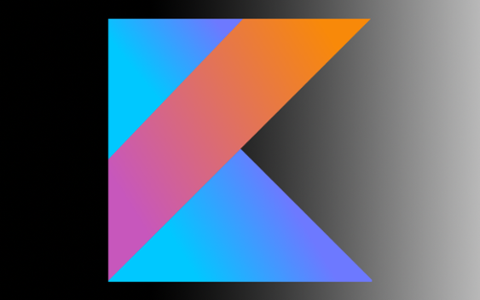Three years ago, Epic Games launched “Fortnite,” a cartoonish battle royale game that quickly became a worldwide phenomenon. The game was available through a variety of storefronts and portals—except for Google Play, which Android users rely on for their apps. Epic Games didn’t want to agree to Google’s terms, which stipulate that app developers pay out a significant portion of revenues earned from Google Play downloads and subscriptions.
Now Epic Games has experienced a change of heart, and “Fortnite” is officially available via Google Play—but in doing so, Epic is making very public a lot of the issues confronting app developers with regard to Android and Google’s revenue split.
“Google puts software downloadable outside of Google Play at a disadvantage, through technical and business measures such as scary, repetitive security pop-ups for downloaded and updated software, restrictive manufacturer and carrier agreements and dealings, Google public relations characterizing third party software sources as malware, and new efforts such as Google Play Protect to outright block software obtained outside the Google Play store,” an Epic Games spokesperson said in a statement to TechCrunch. “Because of this, we’ve launched Fortnite for Android on the Google Play Store.”
Ladies and gentlemen, that is the textbook definition of snark. But that wasn’t nearly enough for Epic Games—having registered its own disappointment over Google Play’s policies, the company then added this zinger on behalf of app-builders everywhere:
“We hope that Google will revise its policies and business dealings in the near future, so that all developers are free to reach and engage in commerce with customers on Android and in the Play Store through open services, including payment services, that can compete on a level playing field.”
To be fair, Epic’s rant touches on a bigger issue than whether a gaming company gets to keep a larger share of revenue. For years, Google positioned Android as the “open” mobile platform, in contrast to iOS, which was portrayed as excessively restrictive. Manufacturers all over the world were allowed to modify Android before loading it onto their phones. But while it’s certainly still possible to fiddle around with Android to your heart’s content, Google has taken steps in recent years to bring the platform under tighter control (complete with less fragmentation). That impacts how developers approach the building, updating, and marketing of Android apps.
There’s also the small matter of revenue. For years, the common assumption among developers has been that, although Android has the larger worldwide footprint, you build for iOS if you want your app to actually make money. With COVID-19 crunching ad revenues worldwide, Google is no doubt more interested in earning as much cash as possible from Google Play. That means not only encouraging more developers to build for Android, but also ensuring that Google Play is the only game in town (so to speak) when it comes to downloading apps onto Android phones. That’s problematic for developers who were trying to avoid the Google Play storefront in order to retain a percentage of revenues.
For developers big and small, in other words, Epic has highlighted the perpetual conundrum of the mobile-app space: Apple’s App Store and Google Play are the best way to disseminate apps to as wide an audience as possible—but the revenue cut taken by those storefronts is pretty steep. Nonetheless, if you’re interested in building for Android, you’ll need a very particular skill-set (with extensive knowledge of Kotlin and Java, for starters); the interview process for Android developer jobs also frequently involves testing.



